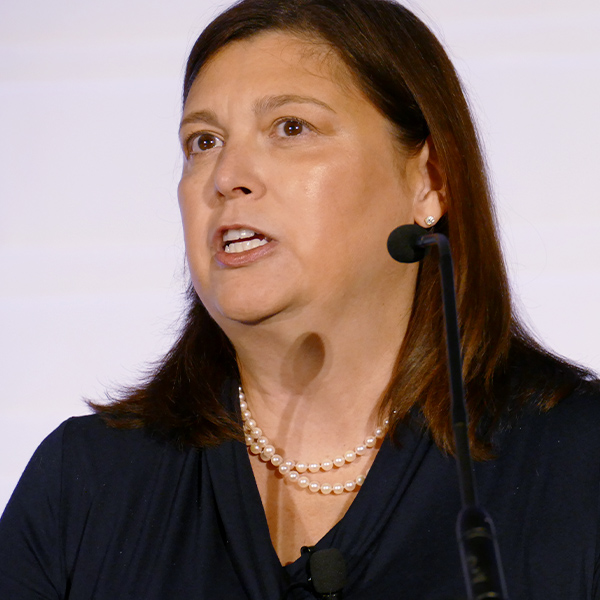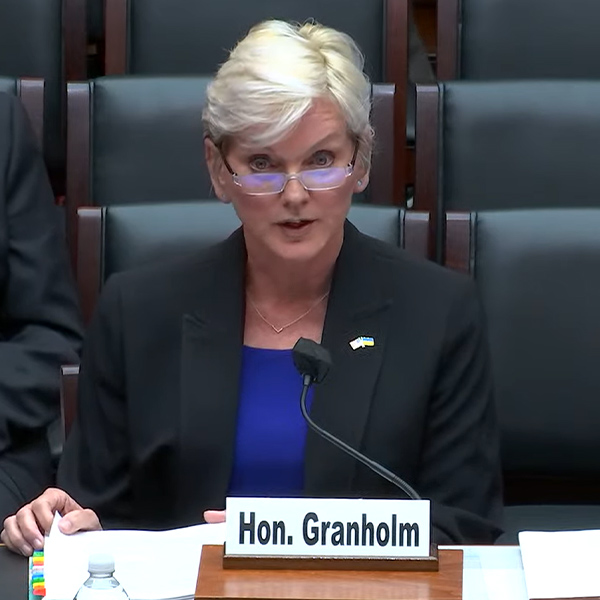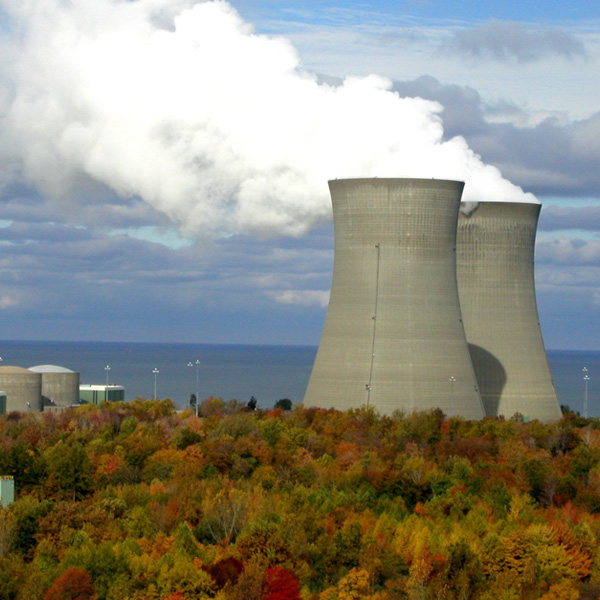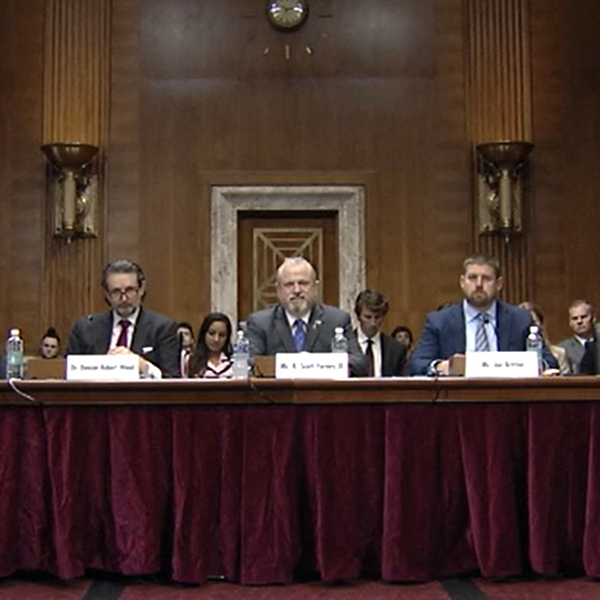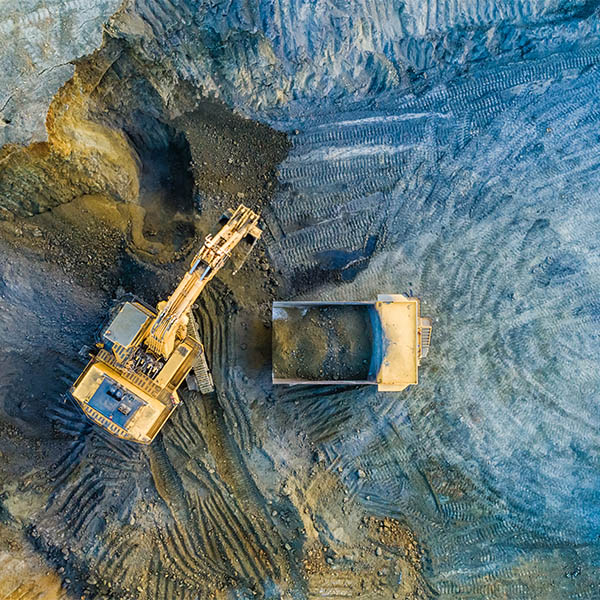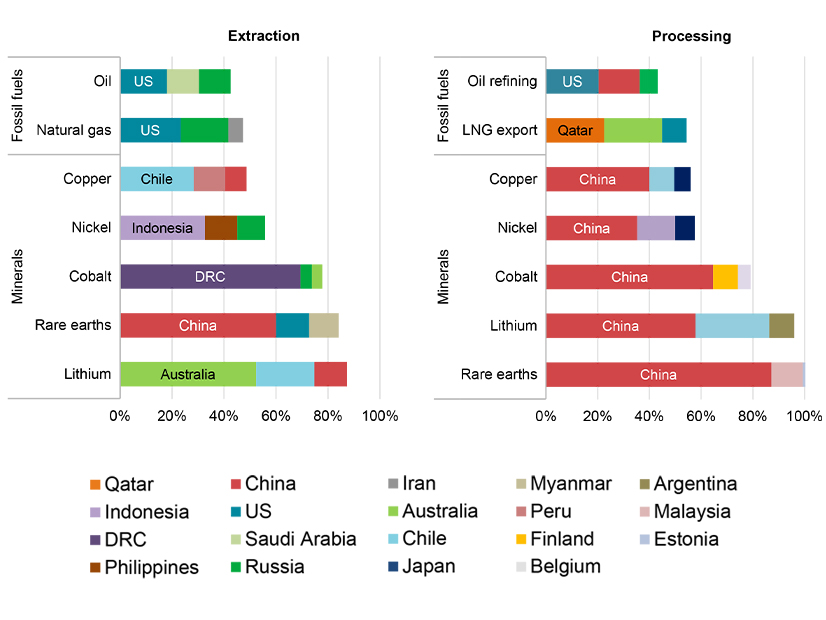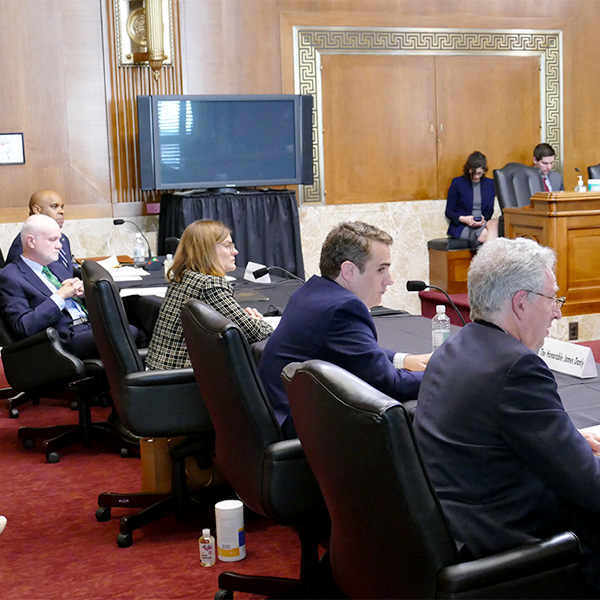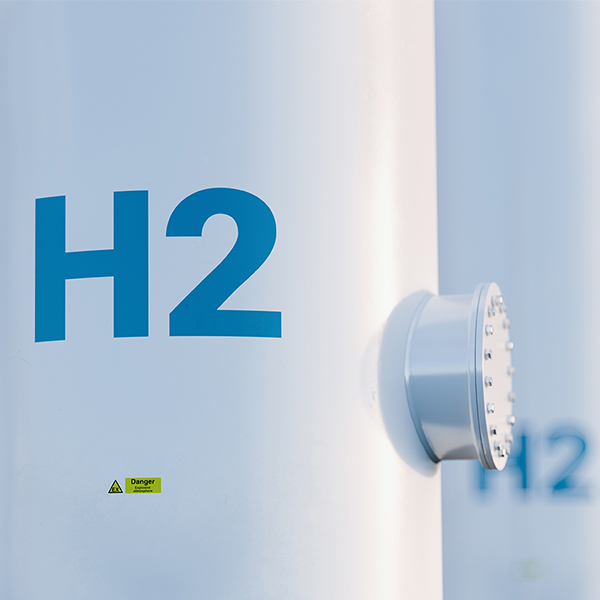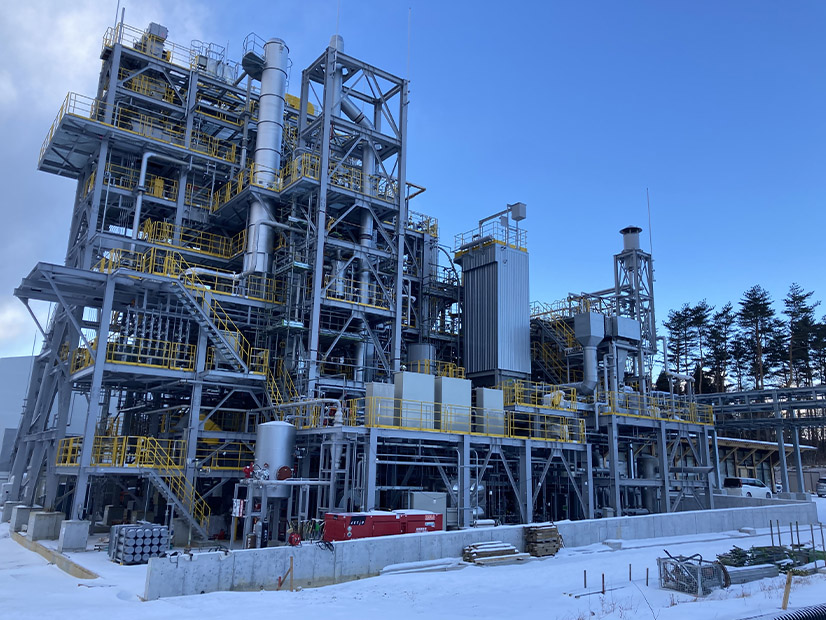U.S. Congress – Senate (U.S. Senate)
Bipartisan efforts to craft a response to Russia’s invasion of Ukraine are threatening tax breaks for renewables and storage, a former Senate aide told EBA.
Energy Secretary Jennifer Granholm said the United States will boost its liquified natural gas exports to 15 billion cubic feet per day by the end of the year.
Decarbonizing the US economy by 2050 will require doubling nuclear energy generation by deploying 100 GW of advanced reactors, according to reports by the NIA.
Reaching President Biden’s clean energy goals will depend on how quickly the country can stand up a domestic supply chain for the critical minerals.
President Biden invoked the Defense Production Act to step up the production of rare minerals critical to his administration's clean energy goals.
Supply chain challenges and trade and tax legislation were recurrent themes in discussions at the ACORE Policy Forum.
FERC Chair Richard Glick defended the natural gas policy statements a split commission issued last month, rejecting criticism that it overstepped its authority.
Pennsylvania, Ohio and West Virginia have teamed up to launch a joint bid in DOE’s competitive bidding process for hydrogen manufacturing hubs.
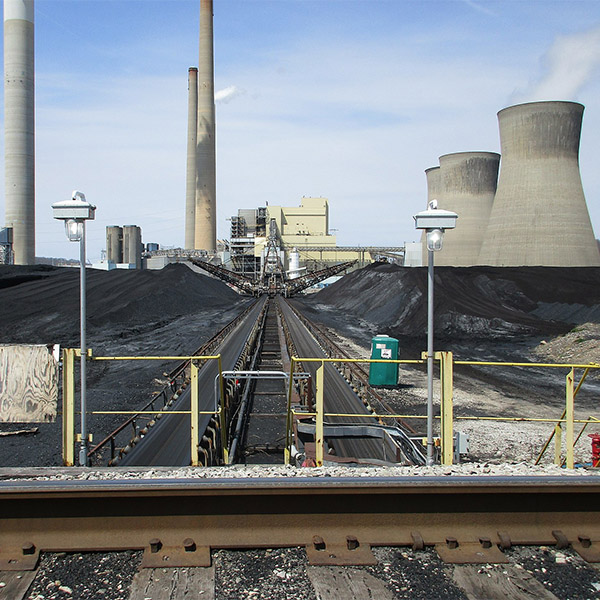
Tikilucas, CC BY-SA 4.0, via Wikimedia Commons
Joe Manchin not only supports the Biden administration's clean hydrogen programs but also wonders why there is no tax credit to support production of the fuel.
Tax credits in the Build Back Better Act could increase carbon capture capacity 13-fold while taking 290 million tons of carbon out of the atmosphere per year.
Want more? Advanced Search
